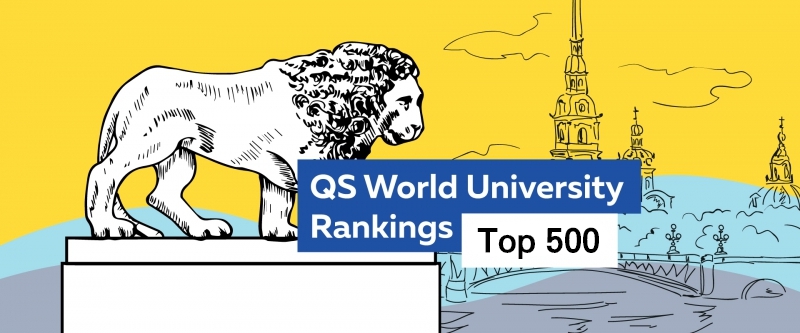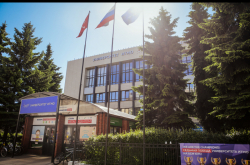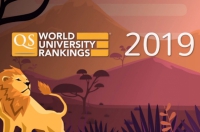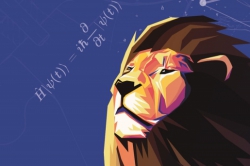The main objective of QS World University Rankings is to help students learn about the world’s best universities. Each university or institute’s position in the ranking is based on six metrics: its academic reputation, reputation among employers, the faculty-staff-to-student ratio, the number of citations per faculty member, and the ratio of international students and faculty members.
Along with the Academic Ranking of World Universities (ARWU) and the Times Higher Education (THE) World University Rankings, QS is one of the several rankings used by the Russian Ministry of Science and Higher Education when evaluating a university’s performance.
After makings its debut in the ranking in 2017, ITMO University has risen by 165 positions over the past two years. This year, ITMO has entered the global top-500, having been ranked 436th (ITMO was ranked 511-520 last year).
ITMO University has improved its performance in all six metrics of the ranking. The metrics related to the faculty-to-student ratio and the share of international students remain its strongest. The University’s citation rate has also continued to grow. QS employs the data provided by Scopus to evaluate universities’ scientometric qualities. This year’s ranking accounted for the publications made over a five-year period between 2013 and 2017, as well as the citations made over a six-year period between 2013 and 2018.
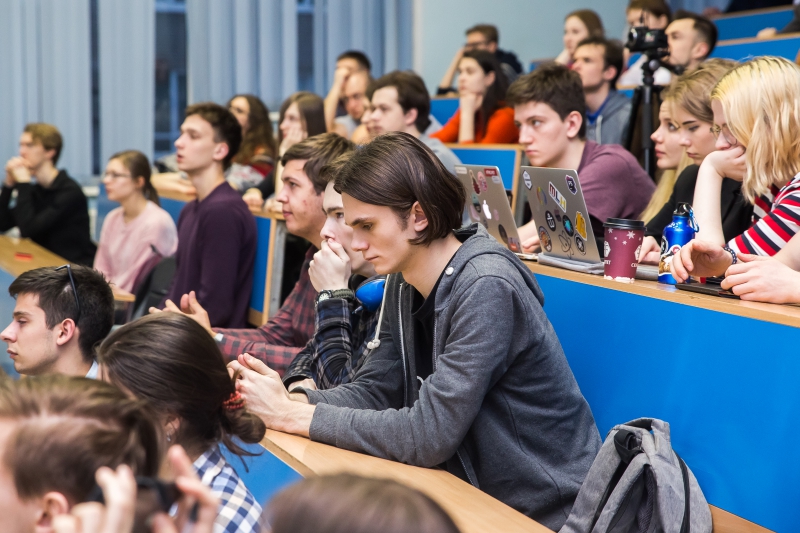
“ITMO University had a relatively late debut in the QS ranking in 2017 considering that 13 other universities participating in the 5-100 Russian Academic Excellence Project were already included in the ranking a year prior, and some were there since 2008 or 2009. Because reputation metrics have a cumulative nature (i.e. are counted using the aggregated value over the past five years), a university’s positive dynamic can be ensured by its growing reputation in the academia and among employers. All in all, ITMO University is swiftly moving up the QS ranking and we can observe improvements in every metric, including the aforementioned reputation indicators. We’re already quite ahead of the worldwide average share of international students, and are approaching the worldwide average share of international faculty members. In other words, ITMO is becoming more and more international, or global, with each year. There is also substantial progress in terms of citation rates, for instance in the ratio of publications per one faculty member. At the same time, it’s worth keeping in mind that not everything in our field can be subject to quantitative evaluation, and the qualitative aspect is highly important: the strength of academic connections, a scientist’s reputation, trust, mutual understanding, the similarity between scientific interests, research plans, and so on,” comments Ilya Kuftiryov, head of ITMO’s Rankings Research Center.
According to the expert, the University’s prospects of future growth will be largely defined by the recognizability, reputation, and citation rates not only in IT but in a number of other fields, including interdisciplinary ones such as photonics, robotics, chemistry, bioengineering, as well as the fields developing at the intersection of exact sciences and the humanities. Ilya Kuftiryov also notes that reputation is largely inert and retrospective: it characterizes the achievements a university has already had for a long time. Meanwhile, many Russian universities are exploring new trends and fields, and rankings don’t always catch up to these changes, he adds.
Overall, this year’s QS ranking includes 1,001 higher education institutions from 82 countries, which is 10 less than last year’s ranking. Russia is represented by 25 universities – two less than last year.
The top performance among all Russian universities was traditionally shown by the Lomonosov Moscow State University. For the first time it is followed not by the St. Petersburg University, but the Novosibirsk State University, which placed second in the Russian top-10. The Ural Federal university is a newcomer to the top-10.
The global top-3 has remained unchanged, with MIT in the first place, Stanford University in the second, and Harvard University in the third. See the complete ranking here.
It should be noted that this year, ITMO University has also succeeded in improving its standing in the QS World University Rankings by Subject 2019. In the rankings ‘Computer Science & Information Systems’ and ‘Engineering: Electrical & Electronic’, the University rose by 150 positions compared to the previous year. ITMO University also made its debut in three new subject rankings: ‘Engineering: Mechanical, Aeronautical & Manufacturing’ (351-400), ‘Materials Science’ (301-350), and ‘Art & Design’ (151-200). In the case of the latter, ITMO was the only Russian university to be included in the ranking.
